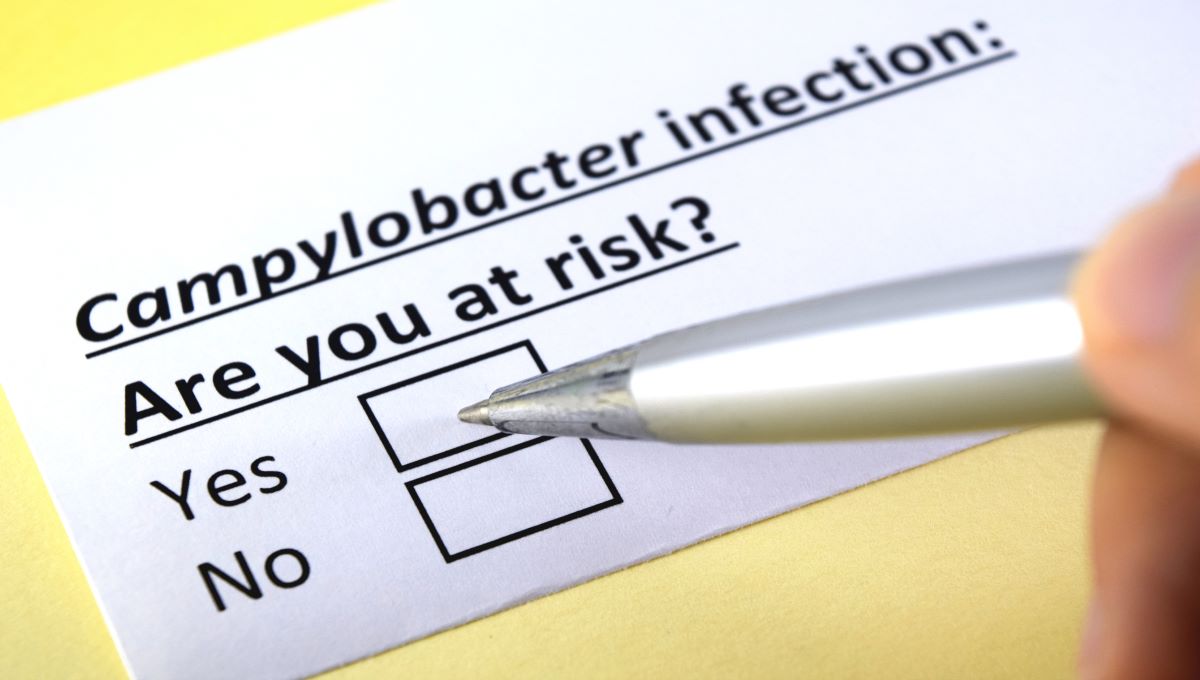Several people living in apartments intended for the elderly have become ill from Campylobacter in a Swedish municipality.
People who received food from the kitchen at Allégården in Sunne municipality fell ill with gastrointestinal problems between 18 and 27 August. Allégården has more than 60 apartments for people older than 65 years.
Samples were taken from seven people with suspected Campylobacter infection and some of them were found to be positive, according to officials.
Campylobacter is a notifiable disease and officials were contacted on 26 August to investigate the incident with the help of infection control experts from Värmland and the National Food Administration (Livsmedelsverket).
The authorities carried out food inspections in the kitchen at Allégården on two occasions, including sampling at the first visit. The test results showed no presence of Campylobacter. Since there was no food left from the time of illness, it was not possible to take more samples.
Officials could not determine whether the spread of infection was caused by food that had been infected before arriving at the kitchen, handling deficiencies or lack of hygiene.
Operators at Allégården will review and improve their routines to ensure that such an outbreak does not happen again, according to officials.
Link to a larger question
The outbreak may be part of the larger problem affecting the country. At the end of August, the Swedish Public Health Agency (Public Health Agency) reported an increase in people becoming ill with Campylobacter.
Since the end of July, the number of infections was between 160 and 200 per week. The increase had been seen throughout the country and in all age groups.
The nail in human cases came after an increase in Campylobacter in broilers, according to data from the National Veterinary Institute (SVA).
An increased presence of Campylobacter in chickens for meat production is suspected to be related to the increase in cases in humans.
The Swedish Public Health Agency collects samples from patients for analysis and typing as part of the microbiological monitoring program to identify all common sources of infection.
(To sign up for a free subscription to Food Safety News, click here.)

